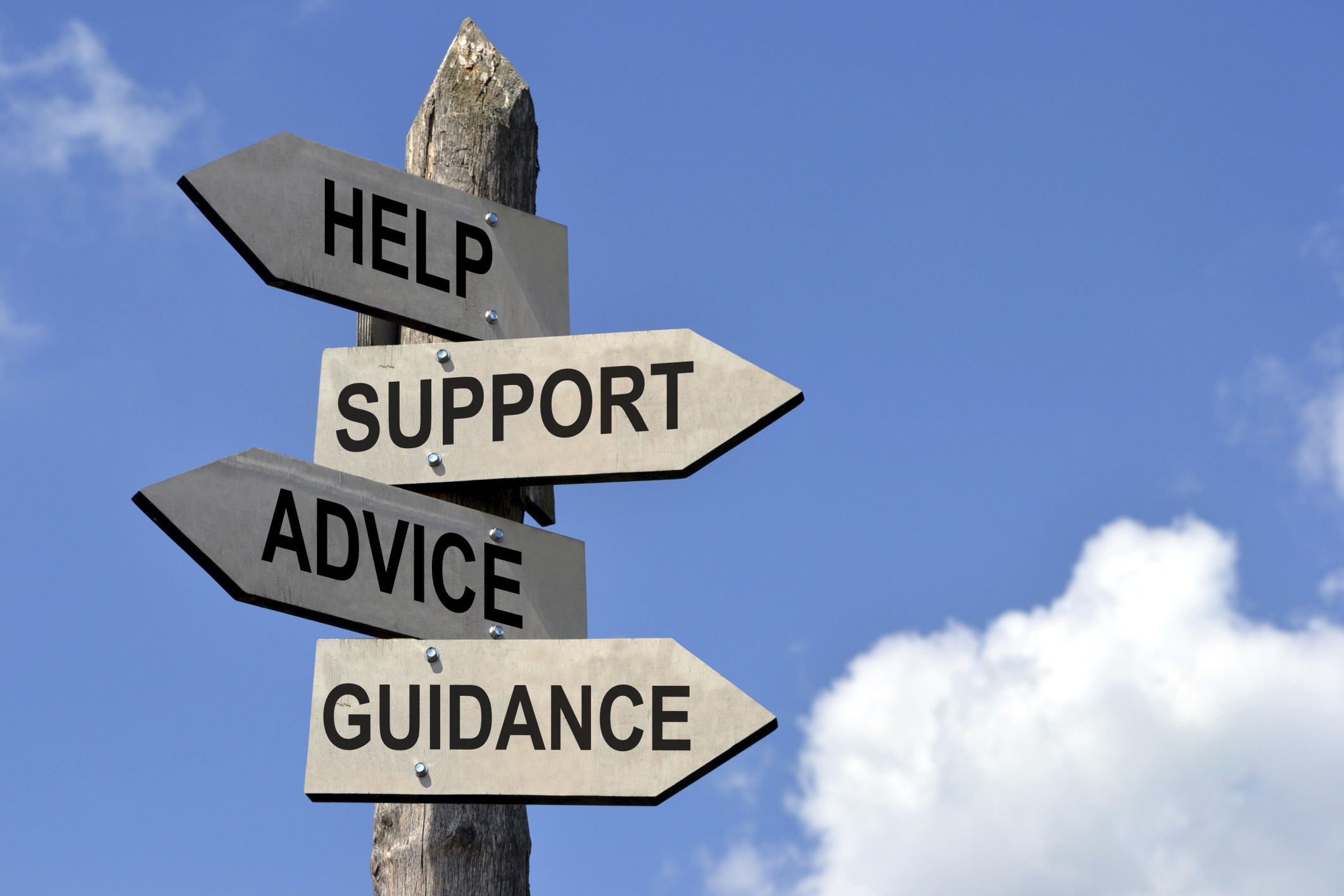
Mind Matters | Asking for help
"I’m a 25-year-old guy and the one thing I like about myself is how independent I am. I prefer not to ask for help and like solving things independently. Recently, I have realized that sometimes asking for help is necessary, especially when I’m struggling with my mental health. But I can’t bring myself to do that. I’m worried about being judged and that people might think less of me. It’s hard to rely on someone else when I have relied only on myself for so long. What do I do?"–AD.
Answered by Aditya Dangol, psychosocial counselor, Happy Minds.
Asking for help isn’t a sign of weakness. Rather, it’s a sign of strength and courage. It means that you have come to terms with your mental health issues and are now looking for a solution. I wouldn’t blame you for feeling this way though. Our society has always taught men to be self-reliant and to not show vulnerability, despite going through tough situations. No matter how hard we try, sometimes it’s difficult to let go of that stereotype. But we are here to help.
One way to break down the barriers around mental health is to normalize therapy. It’s a safe space for people to discuss their struggles and emotions with a trained professional. Realize that therapy is not only for those with severe mental health issues. It can also be beneficial for anyone who wants to improve psychologically and develop new coping strategies. It can help you gain a deeper understanding of yourself, your relationships, and your experiences.
As far as asking for help goes, take baby steps. Start by opening up to a friend or family member you trust. And yes, sometimes you might not like the way they respond. But that doesn’t mean you should stop. If one person doesn’t work out for you, find someone else. You must understand that there’s nothing wrong in sharing your feelings, and that you deserve to have someone in your life to rely on when things go bad. Once you are comfortable with that, you can then think of going for therapy, that is, in case you still feel like you need some professional help. Sometimes, finding someone to rely on can do the trick, but if not, I strongly suggest you visit a professional. That can be a great way to start improving your mental health and well-being. Asking for help is a brave and necessary step for healing and growth. It can provide us with the support, validation, and guidance we need to navigate our mental health challenges. By challenging harmful beliefs about masculinity and mental health, you can break the barriers that prevent men from asking for the support they need. Ultimately, seeking help is an act of self-care and self-love, and it’s important to prioritize your own well-being above societal expectations or fear of judgment.
